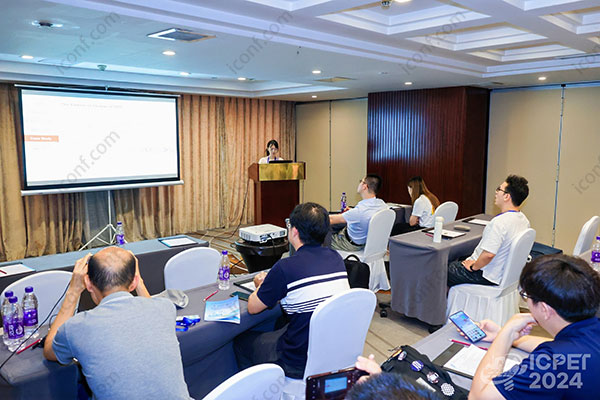

183 views||Release time: Jun 19, 2025
Participating in an international academic conference can be a transformative experience for researchers, offering the chance to share discoveries, receive feedback, and connect with global experts. But for many, especially first-timers, the process may feel overwhelming.
This article walks you through the entire process of attending international academic conferences, highlighting every key step from start to finish—and how platforms like iconf.com can simplify your path.

Start by identifying a conference that aligns with your research area. Consider:
Subject focus (e.g., AI, education, engineering)
Indexing (EI, Scopus, CPCI, etc.)
Location and date
Organizer credibility
To streamline this step, researchers use platforms like iconf.com, which lists verified conferences with full details, including deadlines and scope.
Once a suitable conference is selected:
Read the Call for Papers (CFP) carefully
Follow the required template and formatting guidelines
Write a well-structured paper with clear methodology and original results
Submit via the official system (often via EasyChair, email, or the conference’s portal)
Most international conferences have strict submission deadlines, so planning ahead is essential.
After submission, your paper undergoes peer review, where reviewers evaluate it based on:
Academic quality and originality
Relevance to the conference theme
Technical soundness and clarity
Contribution to the field
You will receive a decision:
Accepted (with or without revisions)
Revision requested
Rejected
Feedback from reviewers helps you improve your work before final submission.
If your paper is accepted:
Revise your paper as per reviewer comments
Submit the camera-ready version (final version for publication)
Complete author registration and pay the required fee
Submit additional documents (e.g., copyright forms, author bios)
Registration confirms your participation and ensures your paper will appear in the official proceedings.
You should now begin preparing your presentation, whether oral or poster. This includes:
Designing presentation slides or posters
Practicing your talk to stay within time limits
Preparing to answer questions from the audience
If the conference is hybrid or online, you’ll also need to check technical requirements.
At the conference, you’ll:
Attend sessions and keynote speeches
Present your work during your scheduled slot
Engage in Q&A with fellow researchers
Network with peers, organizers, and journal editors
This is also an opportunity to collaborate, learn new methods, and gain exposure in your field.
After the event:
Your paper is published in the conference proceedings
If the conference is indexed, it will appear in databases such as EI Compendex, Scopus, or CPCI
Some conferences offer journal publication opportunities for extended versions of selected papers
iconf.com often lists which indexing databases apply to each conference, helping authors verify academic recognition.
iconf.com is designed to support researchers through every phase of the conference process:
Discover international conferences across disciplines
View deadlines, locations, topics, and indexing info in one place
Avoid scams or non-academic conferences
Prepare for submission with confidence
It’s a trusted resource for researchers worldwide.
Participating in international academic conferences involves more than submitting a paper—it’s a multi-step process that requires planning, precision, and presentation. Understanding each phase helps you make the most of the opportunity. With the support of reliable tools like iconf.com, you can focus on sharing your research with the world, building networks, and advancing your academic career.